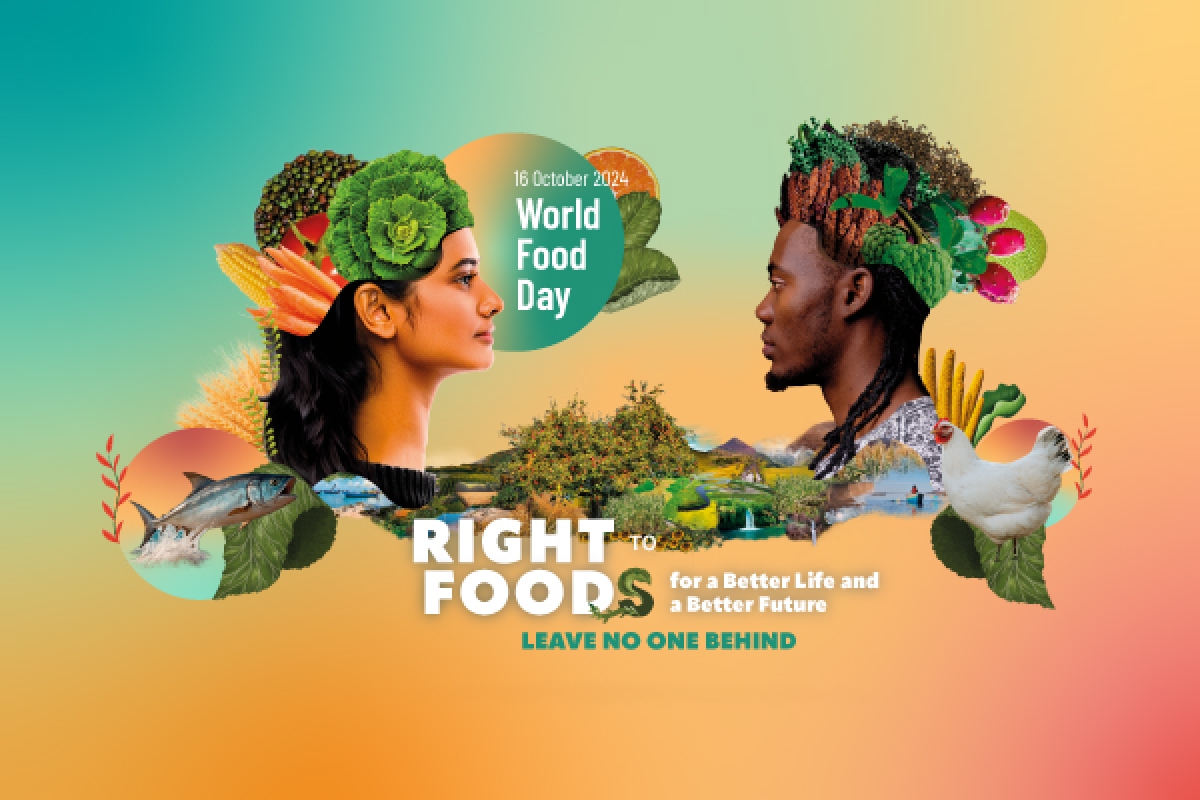Today, 16 October, marks World Food Day, an annual event organized by the United Nations to raise awareness about global hunger. This year's theme, "Foods for a Better Life and a Better Future," emphasizes the importance of access to nutritious food for all.
Currently, around 733 million people worldwide face hunger due to a combination of factors, including climate change, conflict, economic instability, inequality, and the lingering effects of the COVID-19 pandemic. In regions afflicted by war and conflict, such as Afghanistan and Gaza, many children are particularly vulnerable, highlighting the urgent need for intervention.
Food is recognized as a fundamental human right, as outlined in the Universal Declaration of Human Rights. This declaration asserts that every individual deserves access to basic necessities, including education, shelter, and health care. The UN Convention on the Rights of the Child further emphasizes that children have specific rights that must be upheld.
Higher food prices in Sri Lanka and other related issues
In Sri Lanka, rising food prices are forcing the most vulnerable groups to opt for low-quality and unhealthy food options. Many individuals lack access to information on how to choose healthy foods and do not have access to fresh produce or a variety of food choices, according to Hemantha Withanage, Senior Advisor at the Centre for Environmental Justice (CEJ).
In a statement issued to mark World Food Day, Withanage pointed out that, according to FAO data, 26% of the Sri Lankan population lives below the poverty line, and 20% of children under five suffer from malnutrition.
"This highlights that our country lacks a mechanism to ensure access to essential and nutritious food for its people. Most of the food being imported caters to a luxury lifestyle, with 15% of imports being food in 2023," Withanage said.
He emphasized the urgent need to establish a mechanism to eliminate barriers that hinder people's access to nutritious food.
Food is the third most basic human need after air and water
World Food Day was officially established in 1979 by the UN Food and Agriculture Organization (FAO), which has been working since the 1960s to provide food assistance globally. The FAO recognized the importance of raising awareness about hunger and decided to dedicate a special day to this critical issue.
The FAO asserts that "food is the third most basic human need after air and water," stressing that everyone should have the right to adequate food. This year's World Food Day focuses on not only the quantity of food available but also the quality, advocating for access to a balanced diet that nurtures overall health.
Currently, over 2.8 billion people around the globe cannot afford a healthy diet. The UN aims to educate communities about the importance of nutritious food and to support initiatives that provide healthy food options for impoverished populations.










